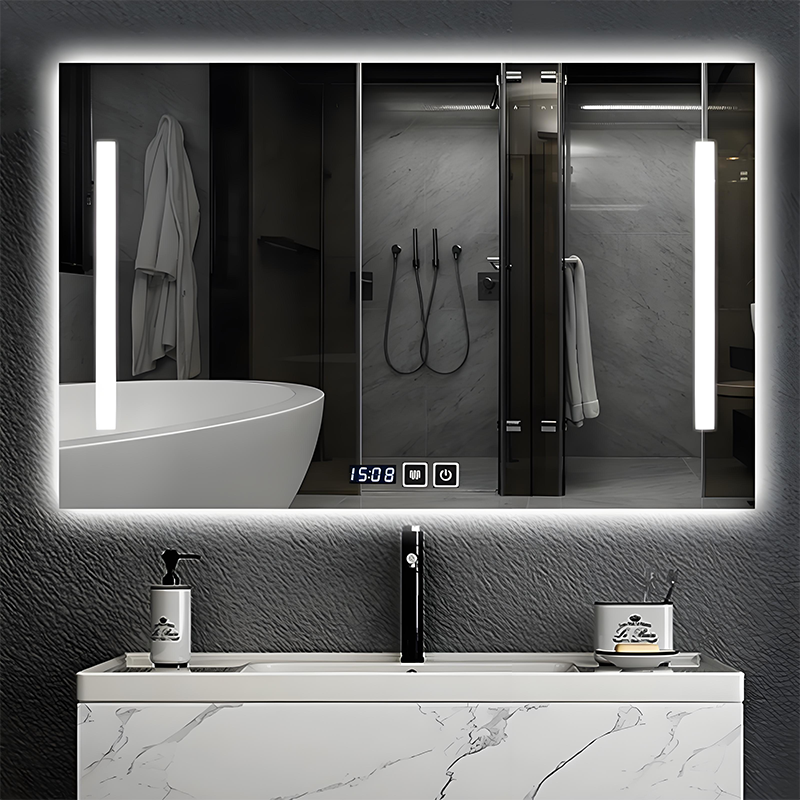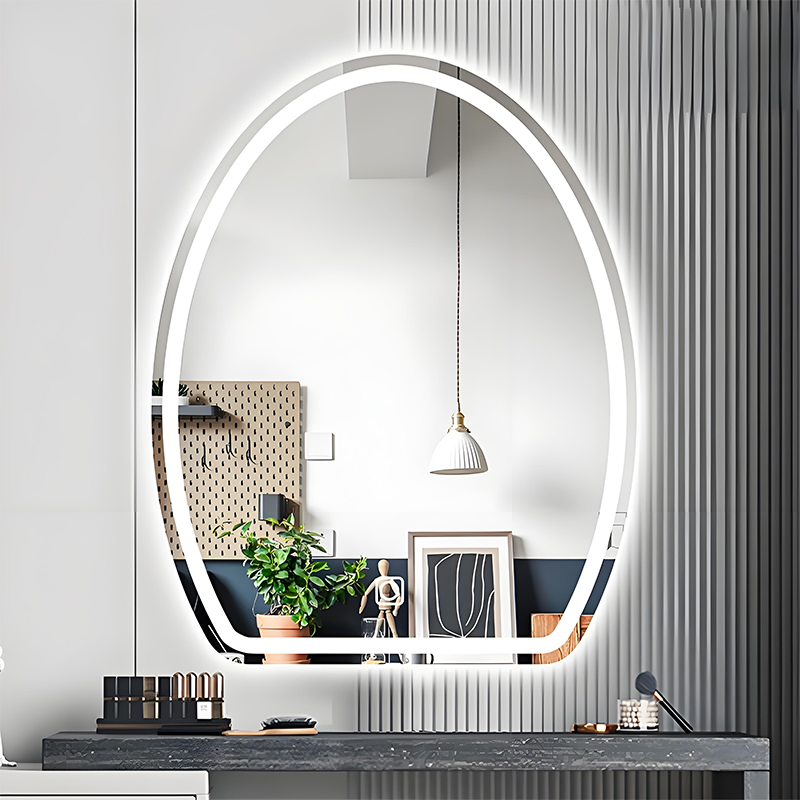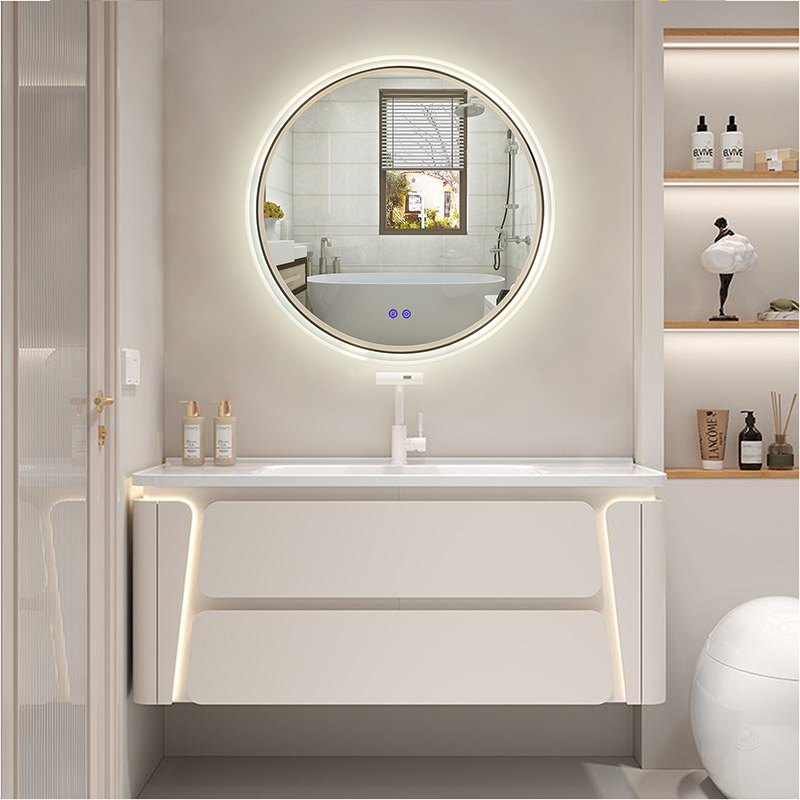With the rapid development of smart homes, the traditional space of the bathroom has also ushered in revolutionary changes. As an emerging technology product, the smart bathroom mirror combines the Internet of Things (IoT), artificial intelligence (AI) and voice interaction technology, and is changing people's daily lifestyles. As a global technology giant, Google is also promoting the development of this trend through its smart ecosystem (such as Google Assistant and Android Things).
This article will take an in-depth look at the market status, technical principles, Google’s role in the smart bathroom mirror, and future development trends to help readers understand how this innovative product can improve the quality of life and become an important part of the smart home.
1. Market status and development trend of smart bathroom mirrors
1.1 Definition and Function of Smart Bathroom Mirror
Smart Bathroom Mirror is not an ordinary mirror, but an interactive device that integrates a variety of smart functions. Common functions include:
Touch screen display (weather, schedule, news)
Voice assistant (such as Google Assistant, Amazon Alexa)
Health monitoring (skin analysis, weight management)
Smart lighting and anti-fog function
Multimedia entertainment (music, video playback)
1.2 Market size and growth potential
According to data from market research firm Statista, the global smart home market will exceed $150 billion in 2023, with smart bathroom equipment (including smart mirrors) growing at an annual rate of more than 20%. Consumer demand for personalization, health management, and smart connectivity is driving the expansion of this market.
1.3 Major Brands and Competition Landscape
Currently, the major players in the smart bathroom mirror market include:
Luxury brands (such as Kohler and TOTO) – focus on high-end customization
Technology companies (such as Google Nest Hub integration solutions) – emphasize AI and voice interaction
Emerging startups (such as Simplehuman and HiMirror) – focus on health and beauty functions
Although Google does not directly produce smart bathroom mirrors, its Google Assistant and Matter smart home protocols are becoming industry standards, promoting the interconnection of devices.
2. Core technology of smart bathroom mirror and integration of Google
2.1 Analysis of key technologies
The realization of smart bathroom mirror relies on the following core technologies:
Embedded systems (such as Android Things OS)
AI vision and speech recognition (such as Google TensorFlow Lite)
Anti-fog and energy-saving technology (electrothermal coating, low-power display)
2.2 Google’s role in the smart bathroom mirror ecosystem
Google did not directly launch the smart bathroom mirror, but its technology stack provides key support for the industry:
1.Google Assistant voice control
Users can adjust the lights, check the weather or play music by saying "Hey Google".
2.Android Things (now Fuchsia OS)
Provide lightweight operating system support for smart devices.
3.Matter Smart Home Protocol
Ensure that devices from different brands, such as Philips Hue lights, work seamlessly with the mirror.
2.3 Practical Application Cases
Kohler Verdera Voice Lighted Mirror (Google Assistant compatible)
HiMirror Smart Beauty Mirror (with AI skin analysis)
3. Future trends and challenges of smart bathroom mirrors
3.1 Future Development Direction
More in-depth AI health monitoring (such as blood pressure and heart rate detection)
AR makeup trial and virtual styling (combined with Google ARCore)
More energy-saving and environmentally friendly design (solar power supply, low-power screen)
3.2 Challenges
Privacy and data security (cameras and microphones may cause concerns)
High cost hinders popularization (high-end models can cost $1000+)
Industry standards have not yet been unified (compatibility issues between different brands)
Conclusion: Smart bathroom mirrors – the next frontier for Google’s smart home
The smart bathroom mirror is not only an upgrade for the bathroom, but also an important extension of Google's smart home ecosystem. With the maturity of AI and IoT technologies, it may become a family health management center, a personal assistant terminal, or even a telemedicine interface in the future.
For consumers, choosing a smart bathroom mirror that supports Google Assistant means a smoother smart home experience; for the industry, Google's open ecosystem will continue to drive innovation and standardization in this market.




